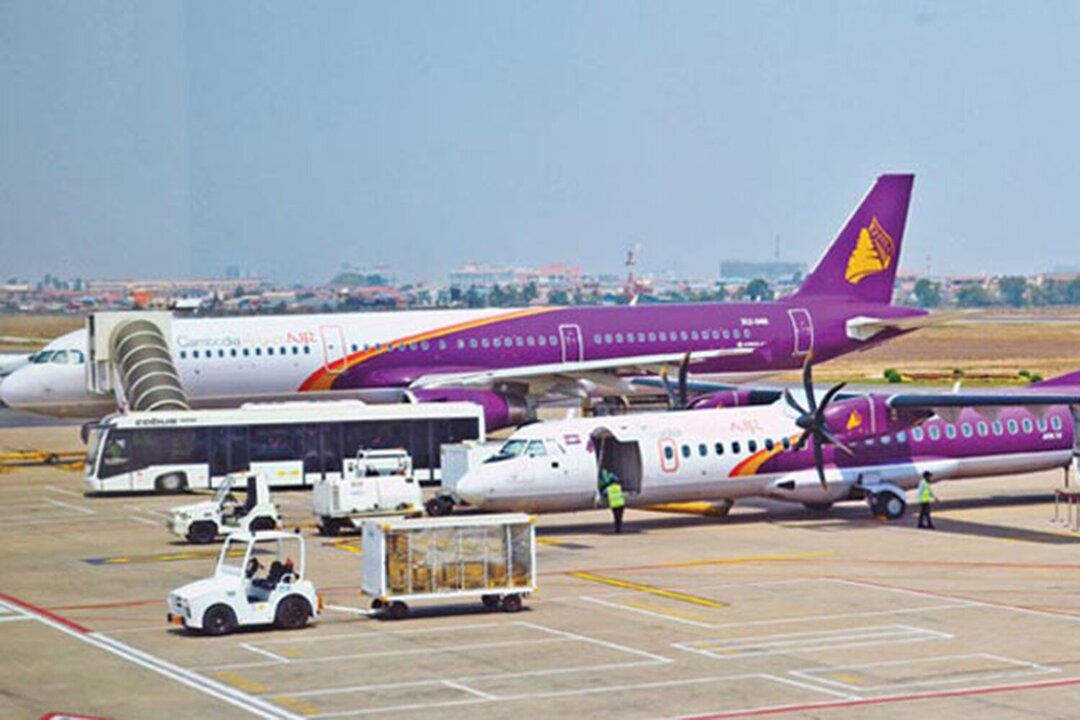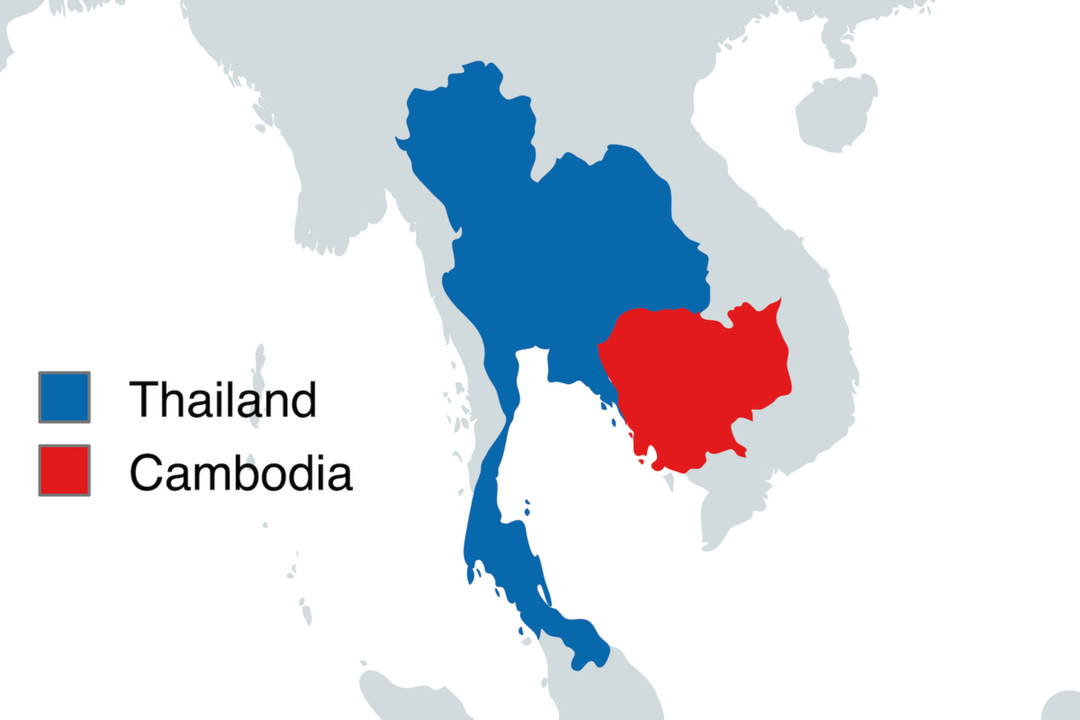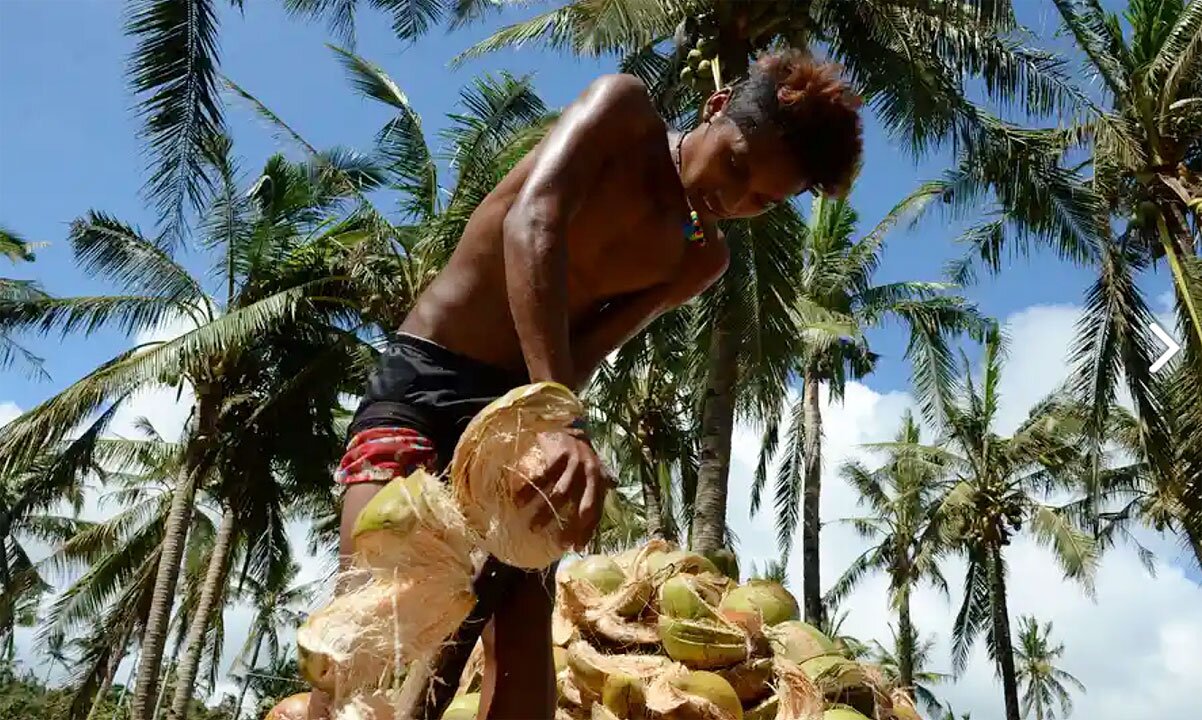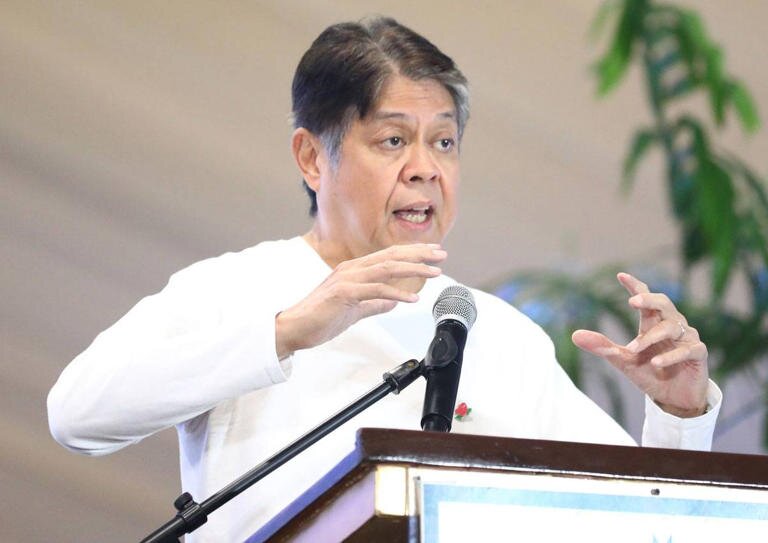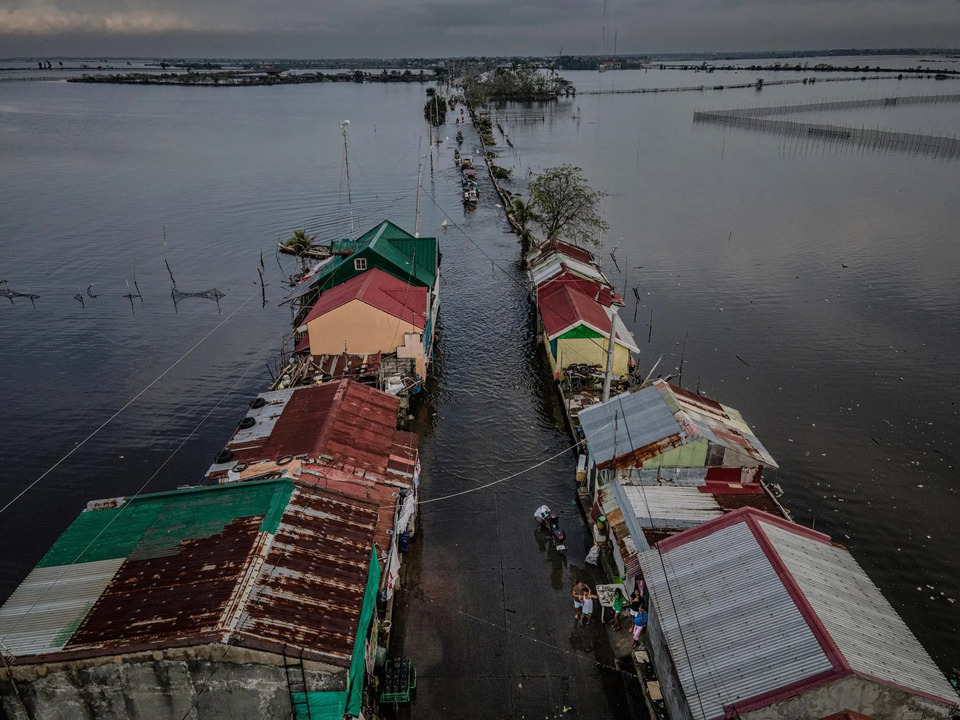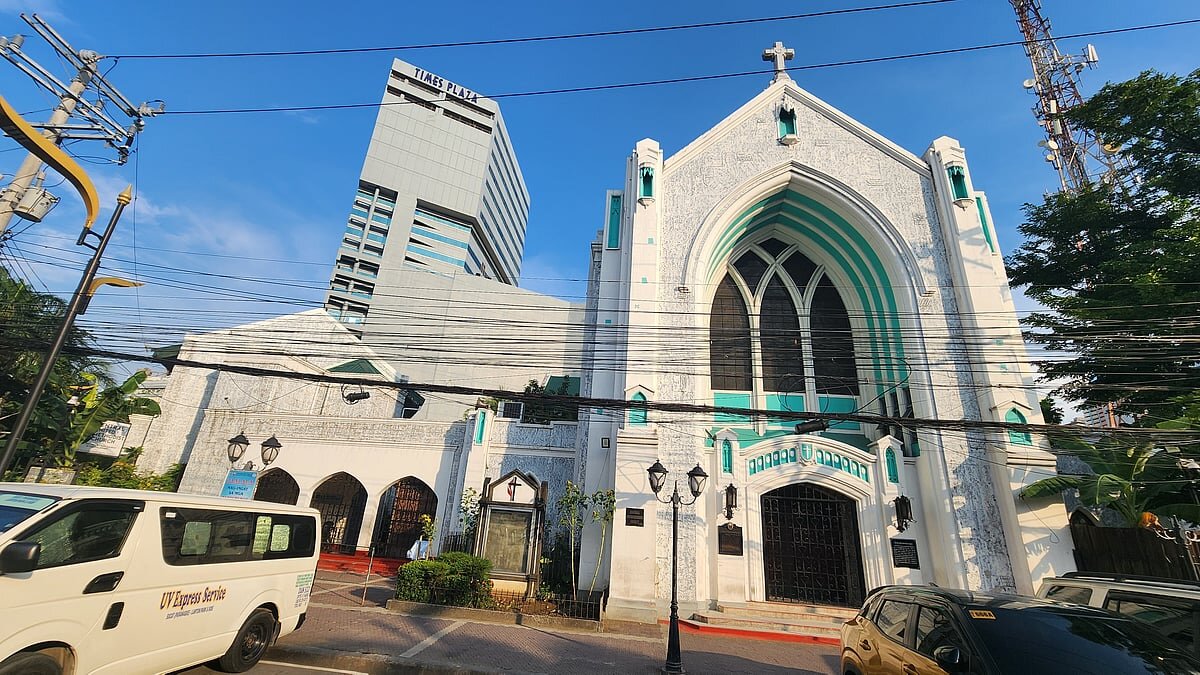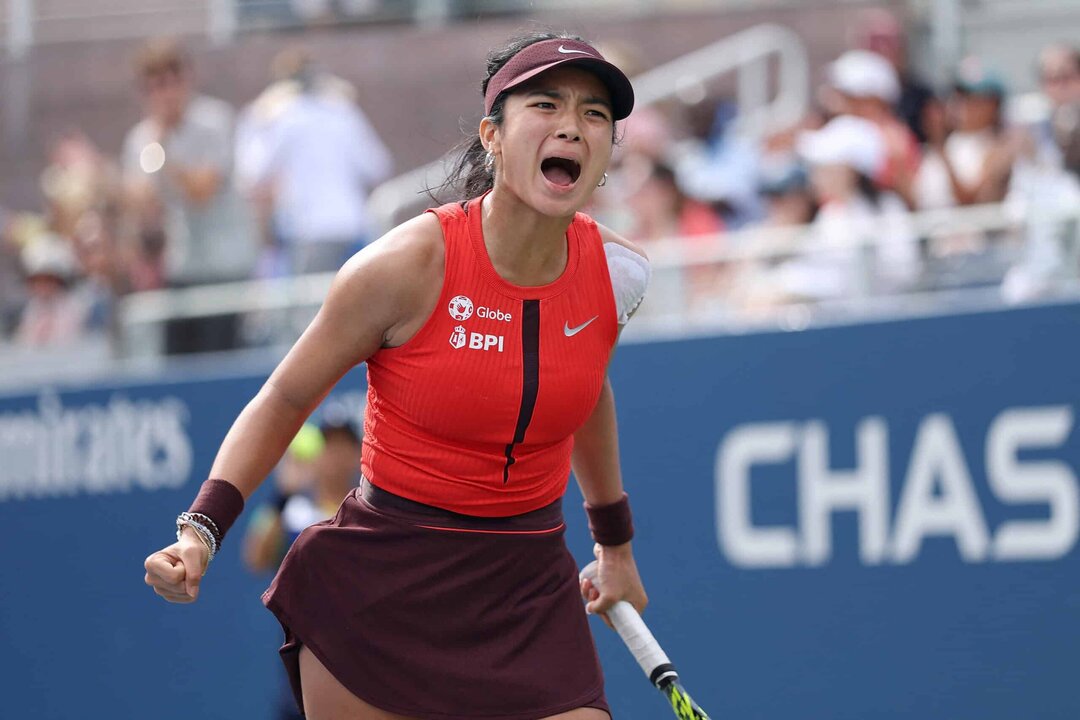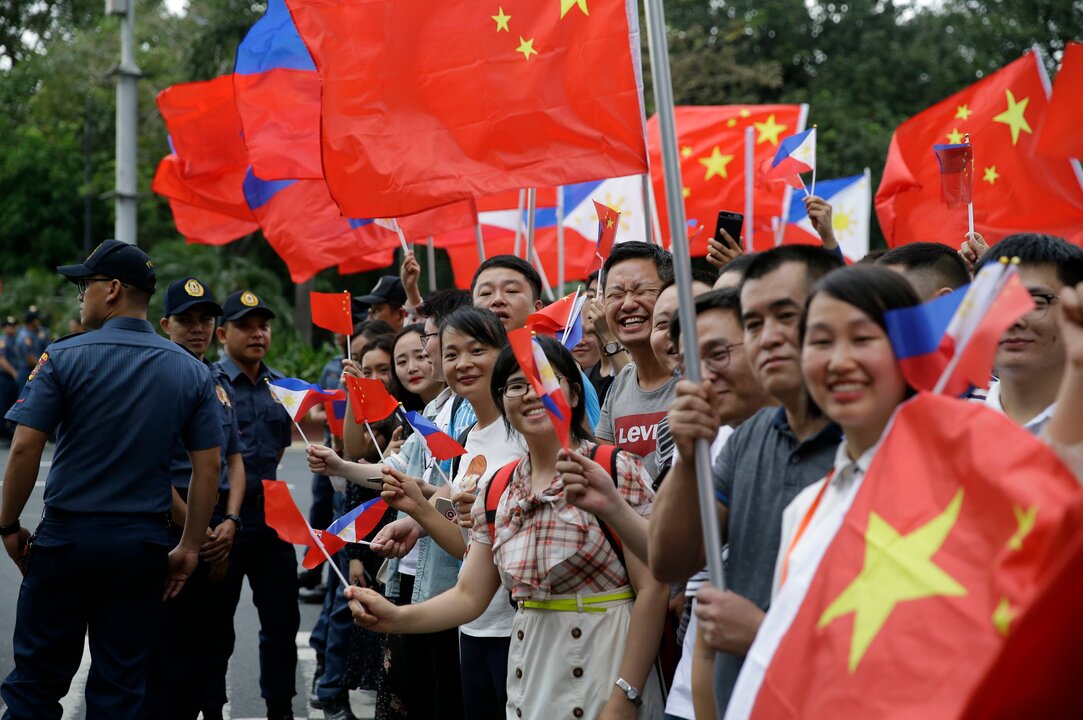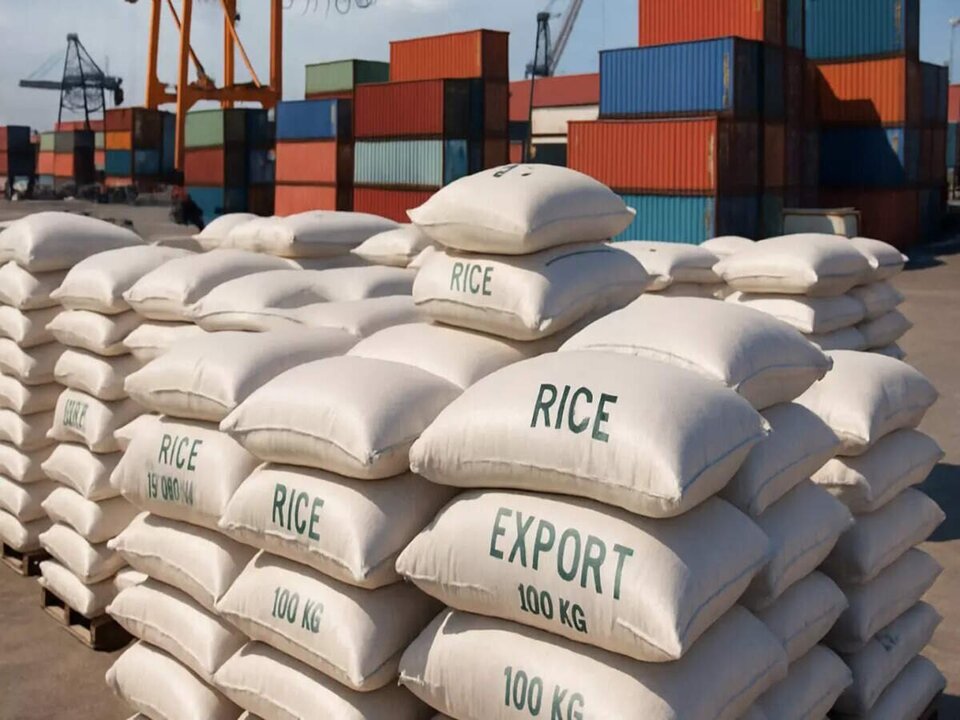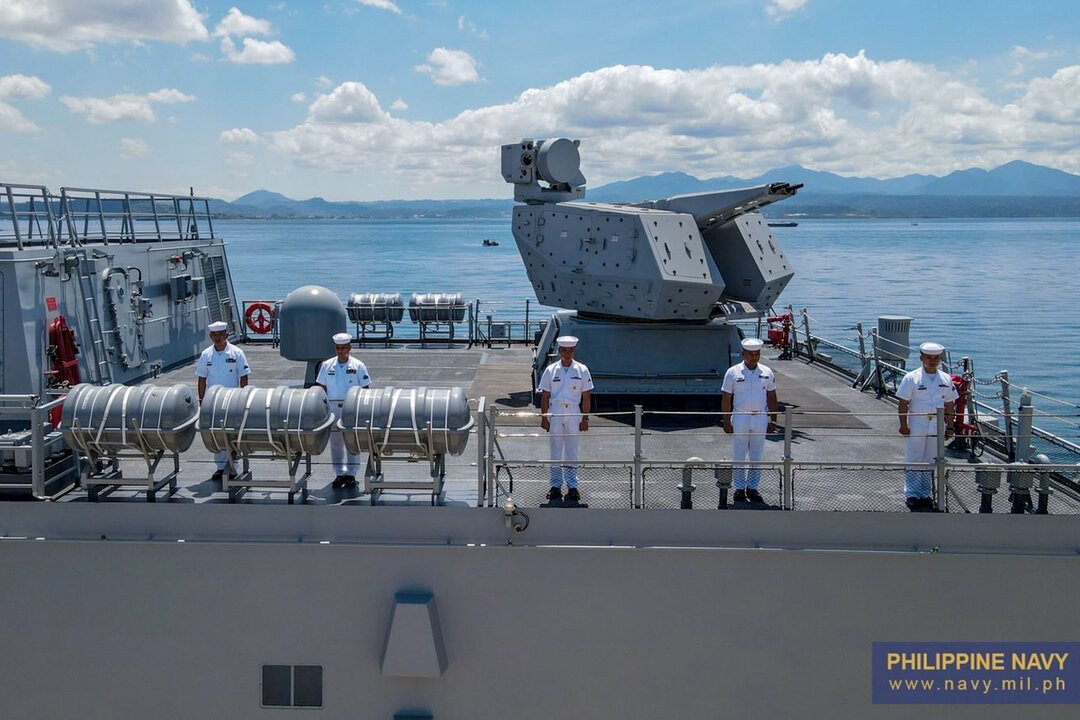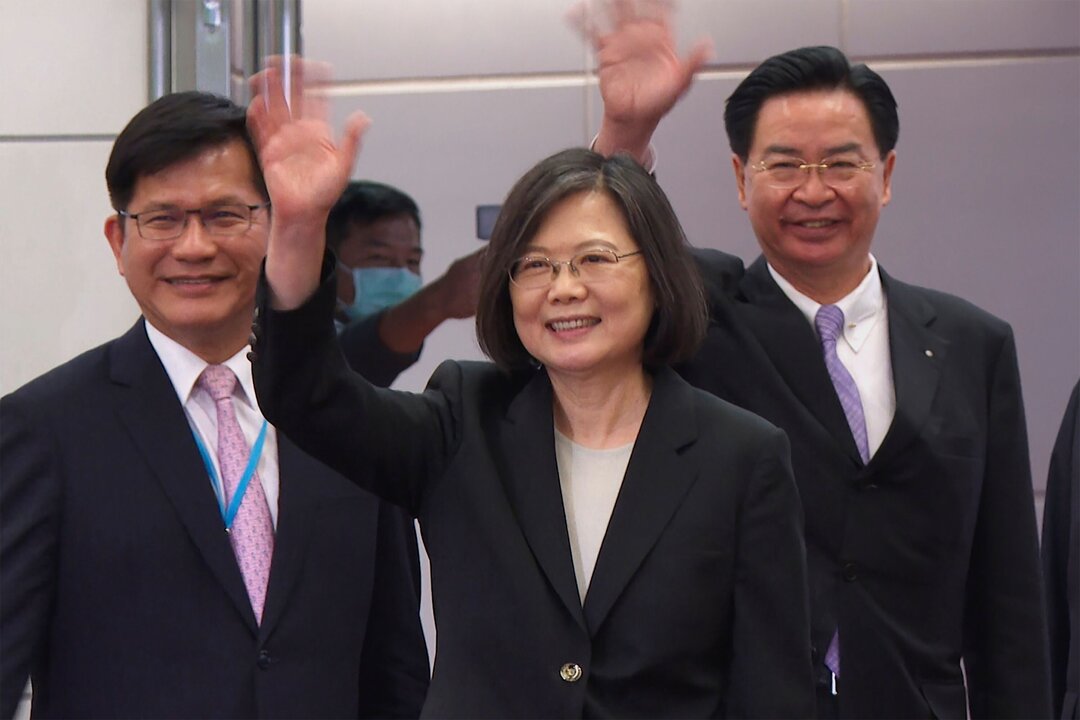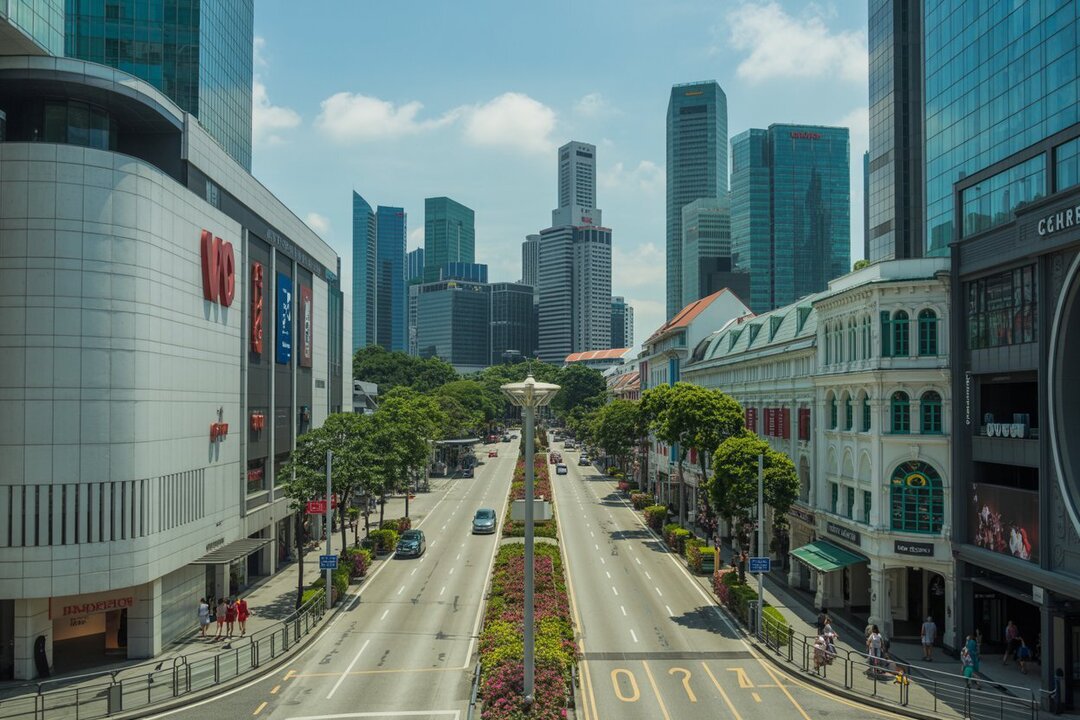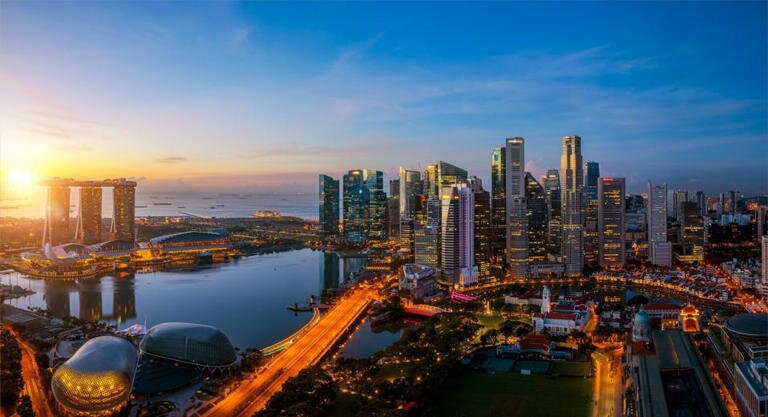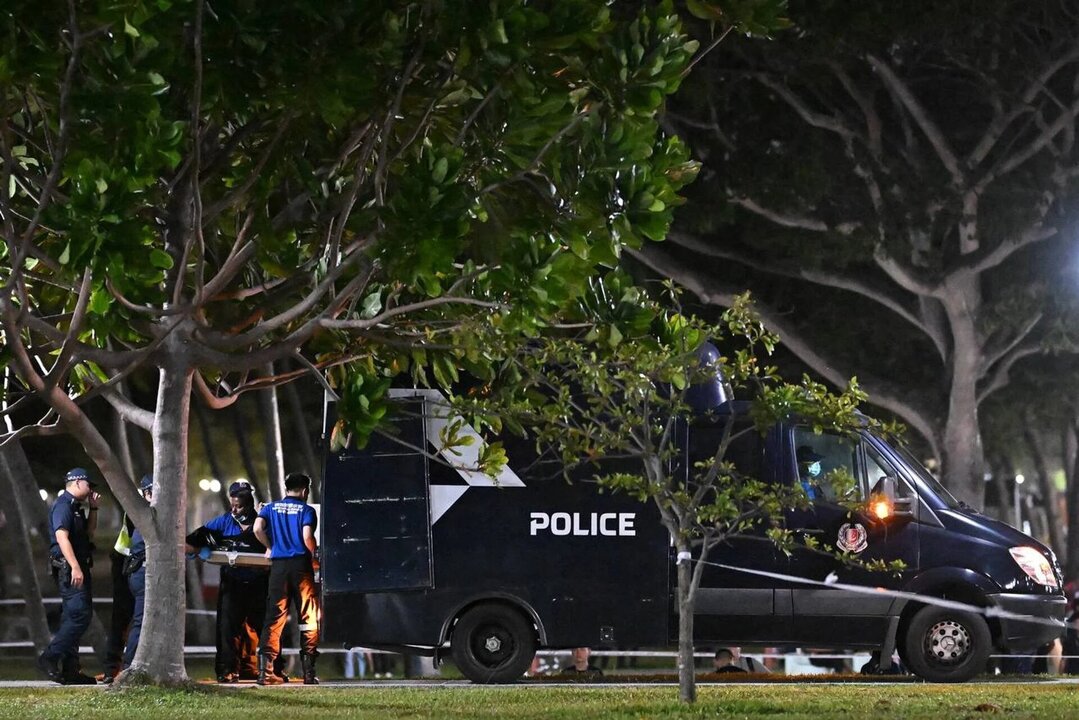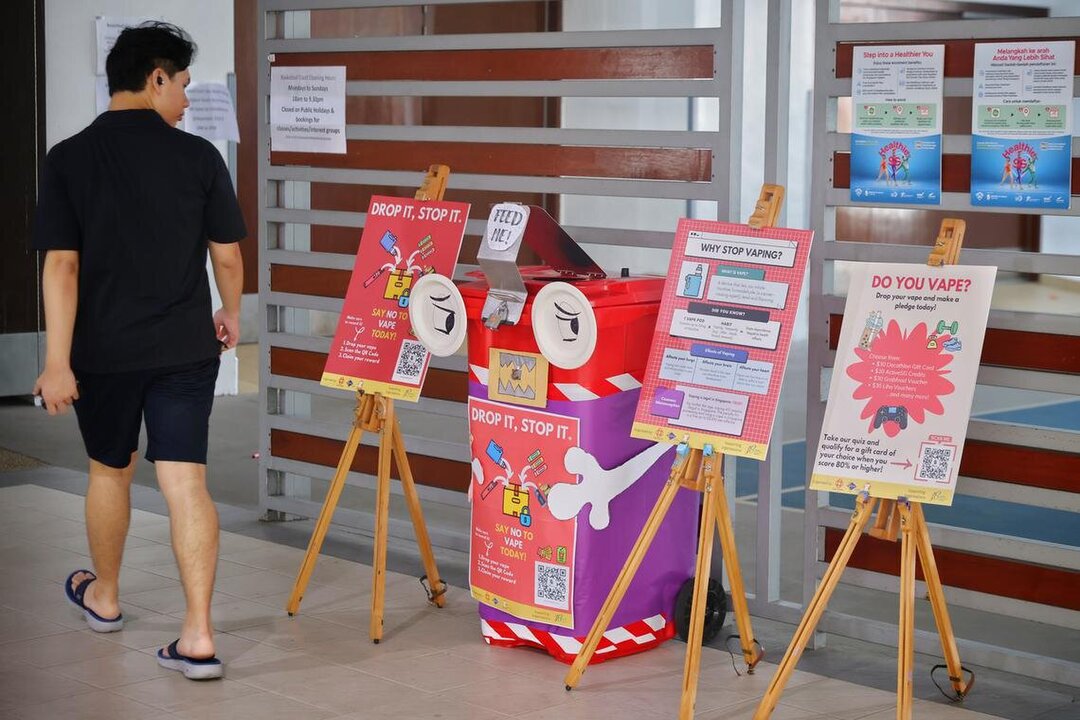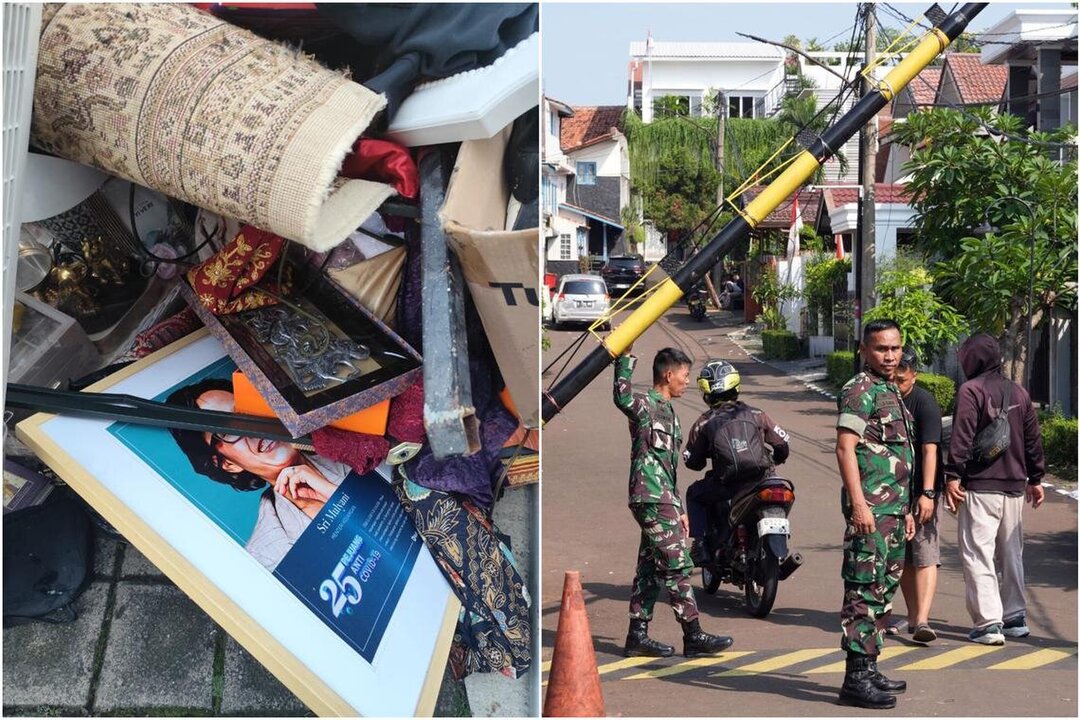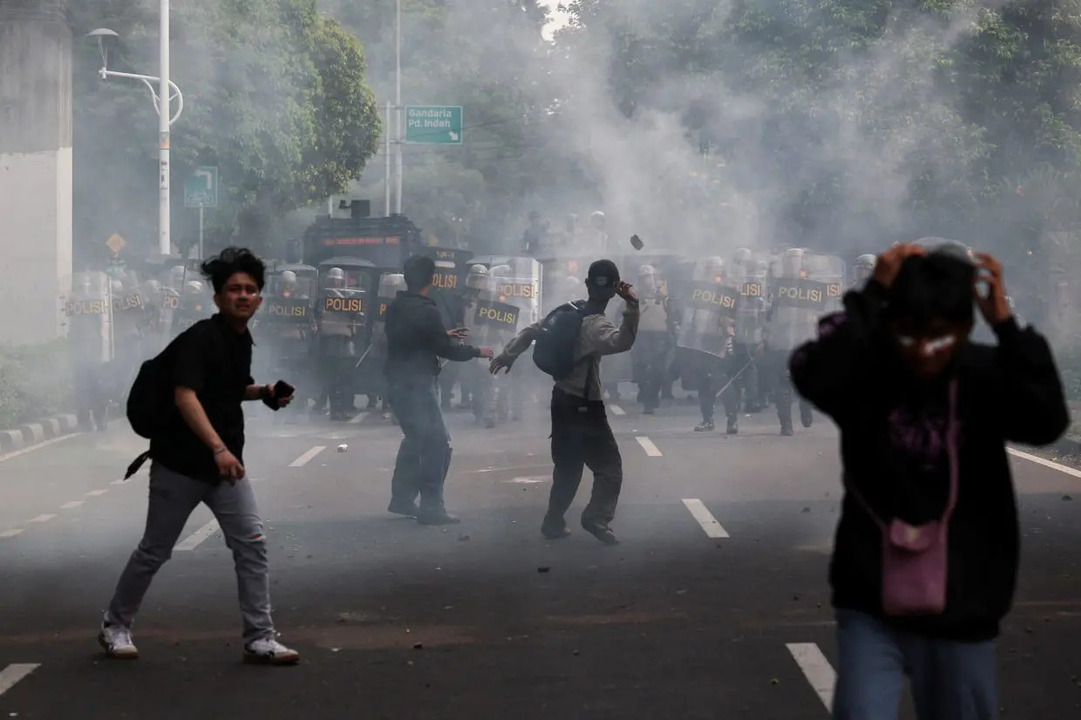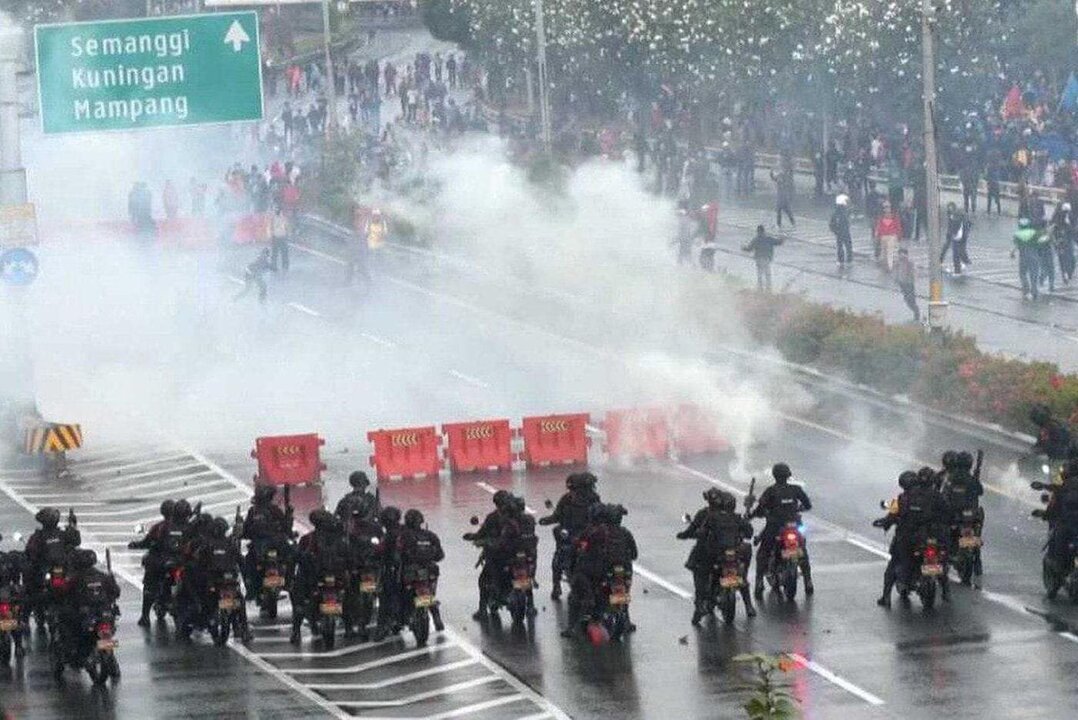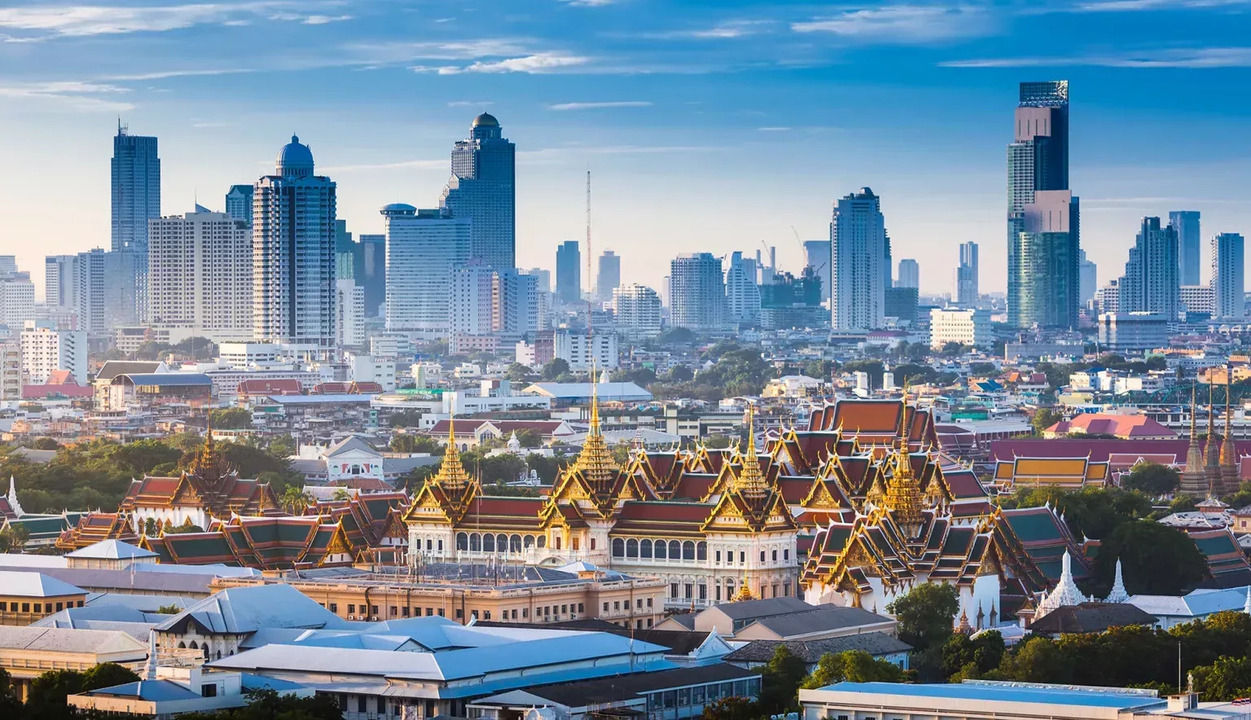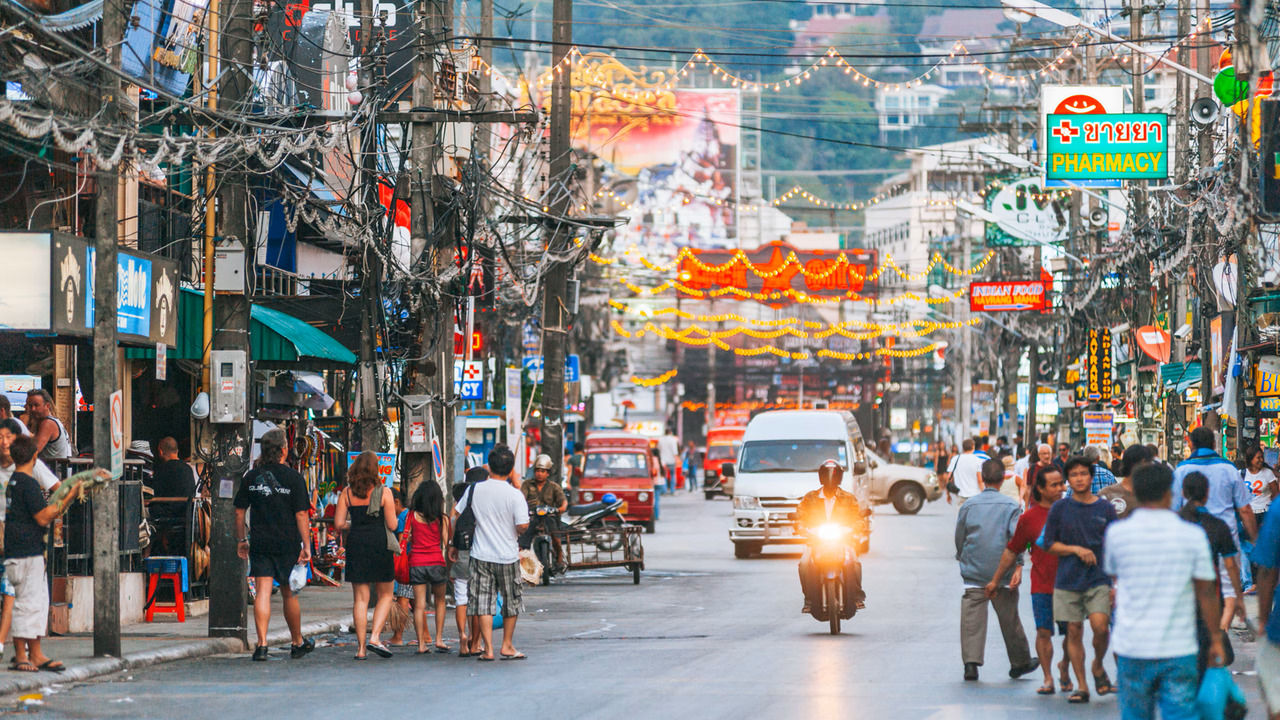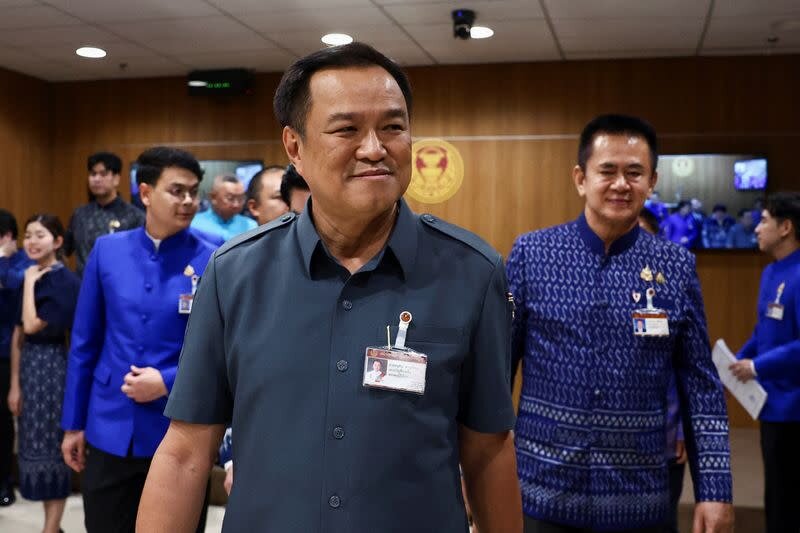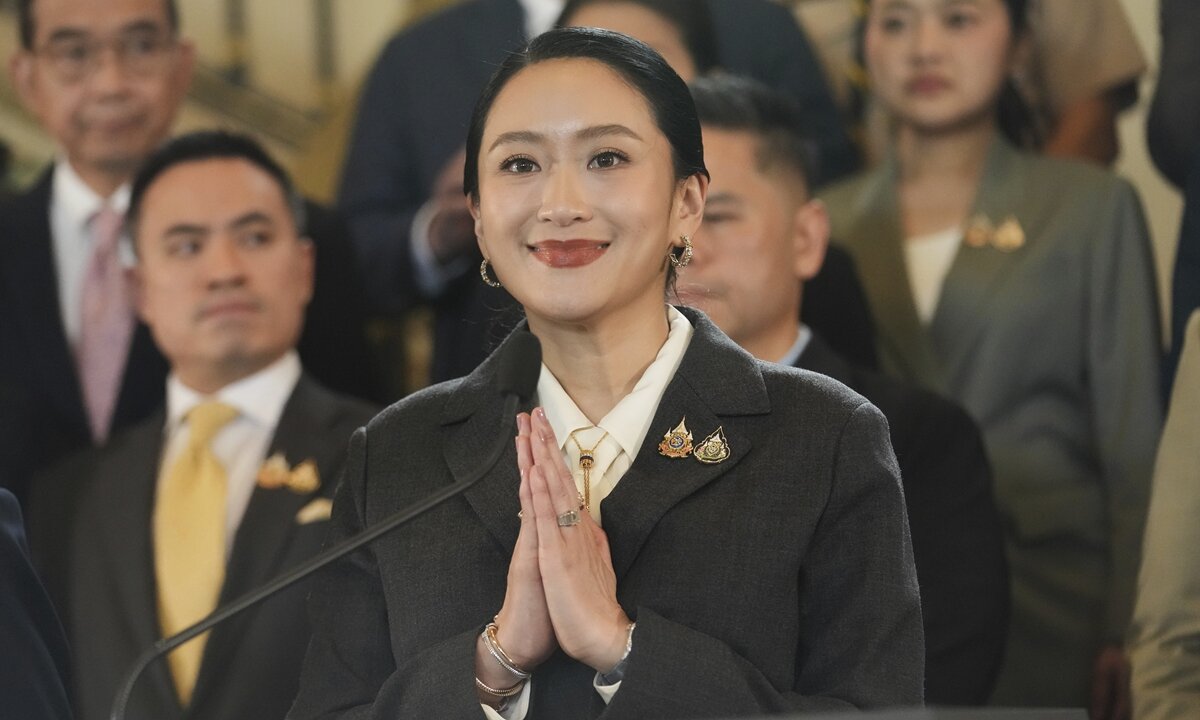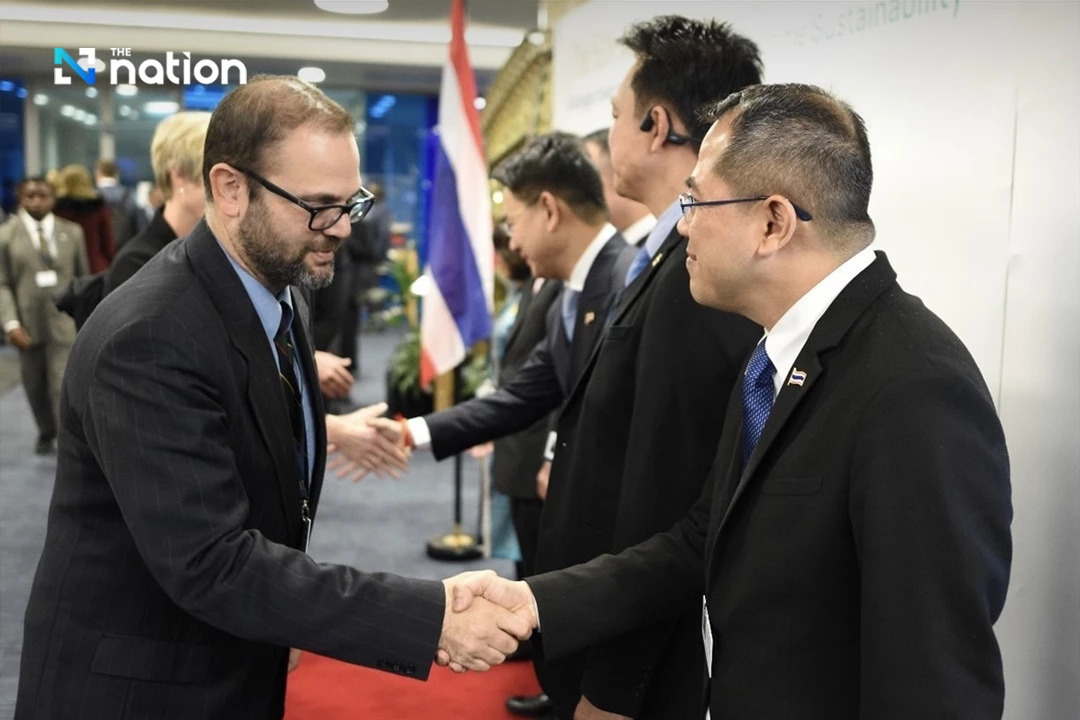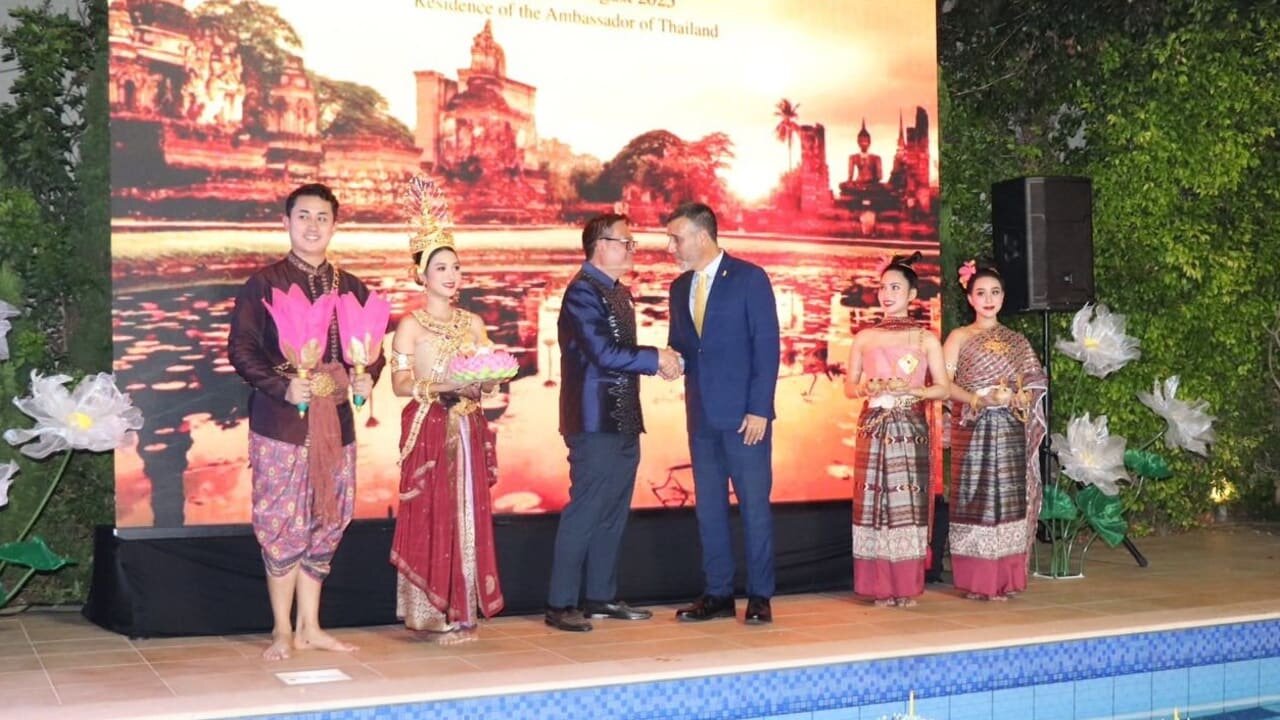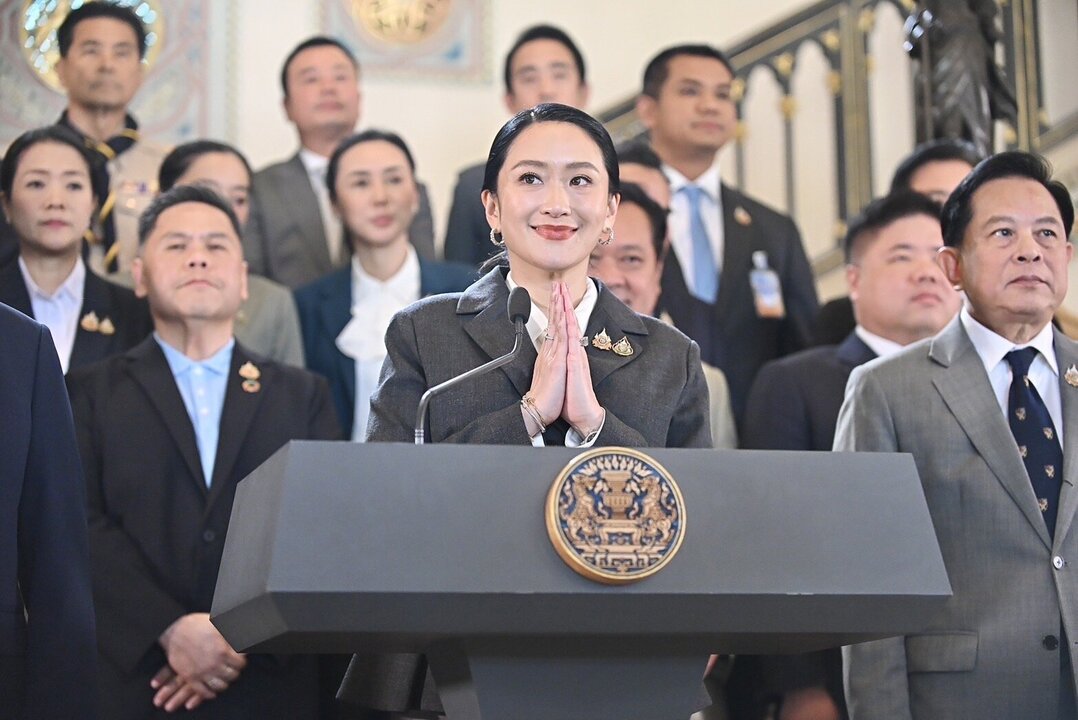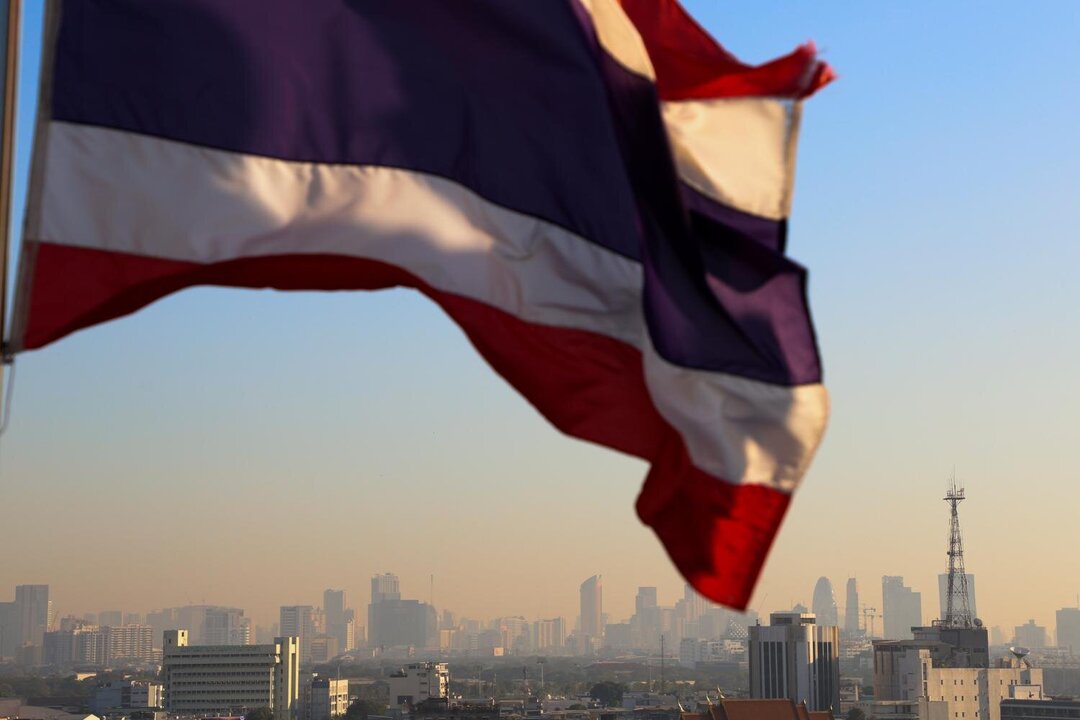President Xi Jinping and Prime Minister Narendra Modi meet to advance ties, navigating new tensions with the United States.
In a significant diplomatic event, Chinese President Xi Jinping and Indian Prime Minister Narendra Modi met for the first time in seven years, affirming their commitment to strengthening bilateral relations.
The meeting took place in the eastern port city of Tianjin on the sidelines of a regional summit, a development accelerated by shared economic and geopolitical pressures, particularly with the United States.
Speaking to Prime Minister Modi, President Xi emphasized the importance of their countries' partnership in an increasingly "fluid and chaotic" global environment.
He stated that it is the "right choice" for the two nations to be friends and partners who enable each other's success.
Evoking the traditional symbols of a "dragon and the elephant dancing together," Xi articulated a vision for stable and long-term relations, provided both nations continue to focus on cooperation over rivalry.
This sentiment of stability is critical as both China and India navigate significant US tariffs imposed by President Donald Trump's administration, as well as Western scrutiny regarding their economic relationships with Russia amid the ongoing conflict in Ukraine.
Prime Minister Modi responded positively, affirming India’s commitment to advancing their relationship based on mutual trust and respect.
He underscored the importance of their collaboration, noting that the interests of 2.8 billion people are tied to their cooperation.
The leaders' discussion also touched on an easing of tensions along their disputed Himalayan border, where a deadly skirmish occurred in 2020.
This progress signals a new phase of normalization, which began with a meeting at the BRICS summit in Russia last October and has included the resumption of direct flights and tourist visas.
These positive diplomatic signals are being closely observed in Washington, as the Trump administration's tariffs have introduced new dynamics into its relationship with India.
US diplomatic efforts have long sought to deepen ties with India as a strategic counterweight to China's growing influence.
The recent meeting between Xi and Modi suggests a strategic realignment for both Asian powers in the face of these evolving global circumstances.
At the Shanghai Cooperation Organization (SCO) summit, President Xi hosted a welcome banquet, where footage from Russian state media captured a warm and relaxed rapport between President Xi and Russian President Vladimir Putin.
This camaraderie was also on display when the two leaders walked together after a photo session, a visible display of their close partnership.
According to Indian Foreign Secretary Vikram Misri, the leaders of China and India discussed "what's happening on the international plain and the challenges it creates," including the tariffs.
Misri stated that the leaders sought to "leverage that for building greater understanding between themselves" and to advance their economic and commercial relationship.
The SCO summit, which includes countries such as Russia, Iran, Pakistan, and Belarus, further underscores a collective desire for a "multipolar" international order, a vision shared by both Beijing and New Delhi.
While historical tensions, such as the 2020 border conflict, remain a factor, both leaders appear committed to a new chapter of stability and cooperation.
The Indian readout of the meeting confirmed this, stating that the leaders had reaffirmed that "their differences should not turn into disputes" and that a "stable relationship and cooperation" was vital for the growth of both nations and for a multipolar world.

